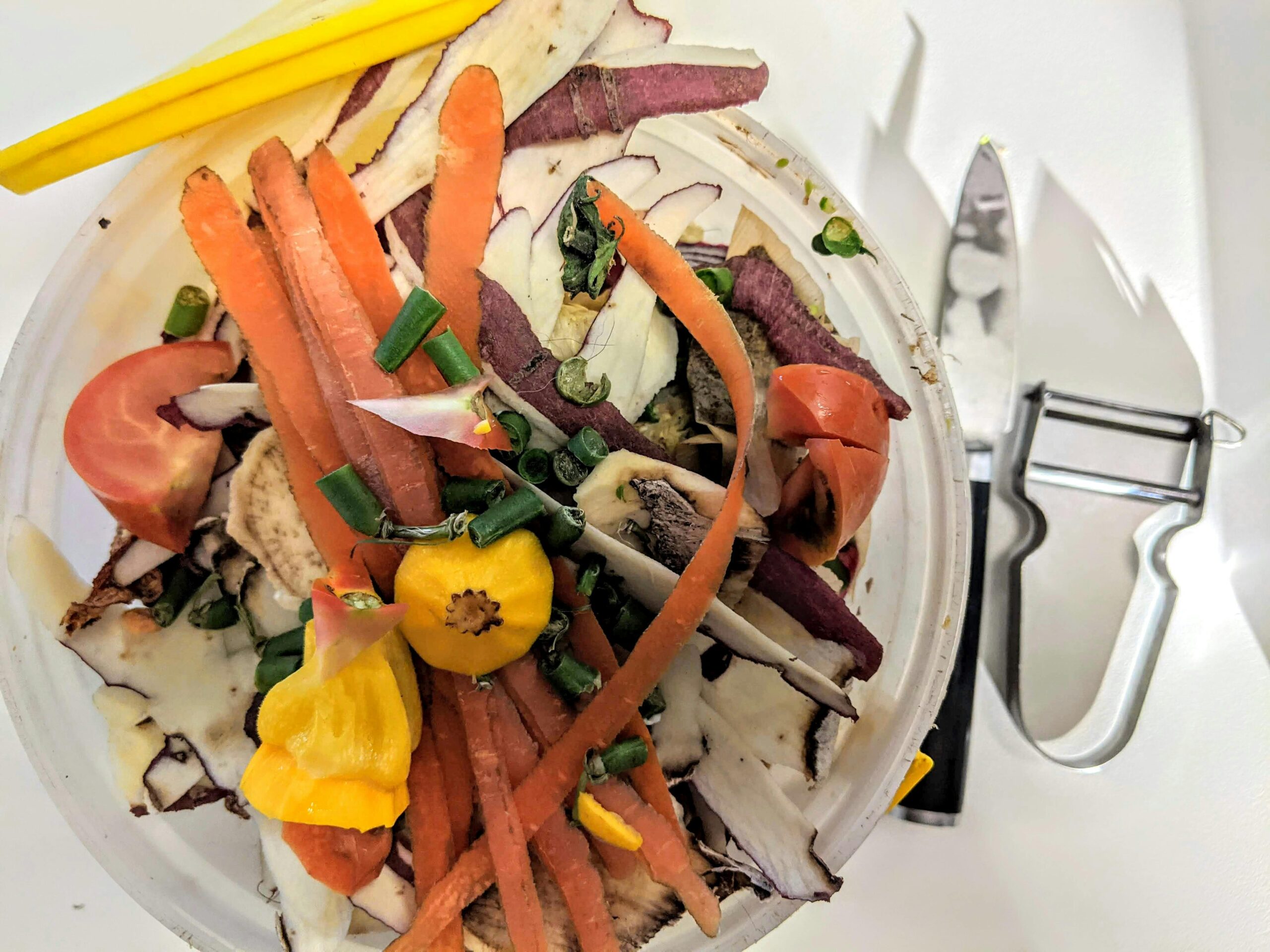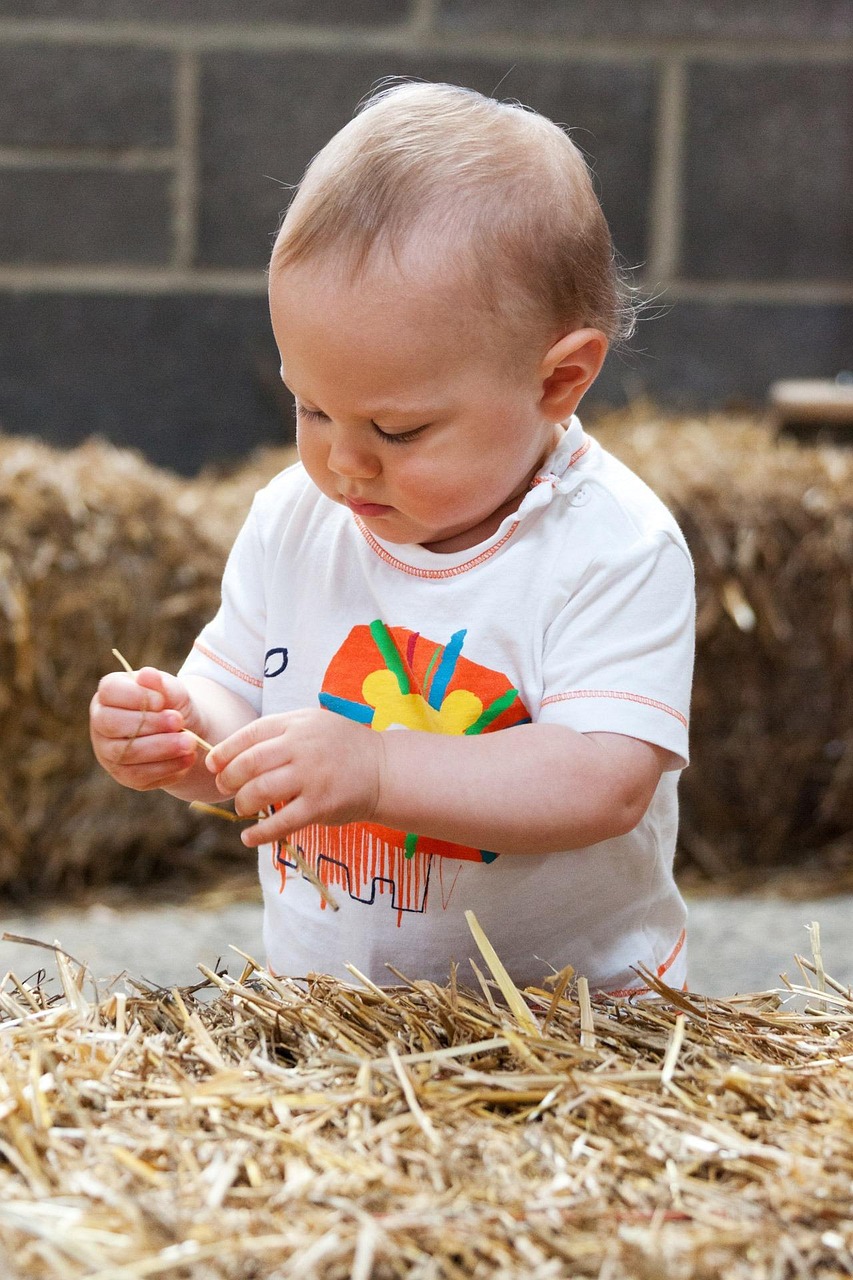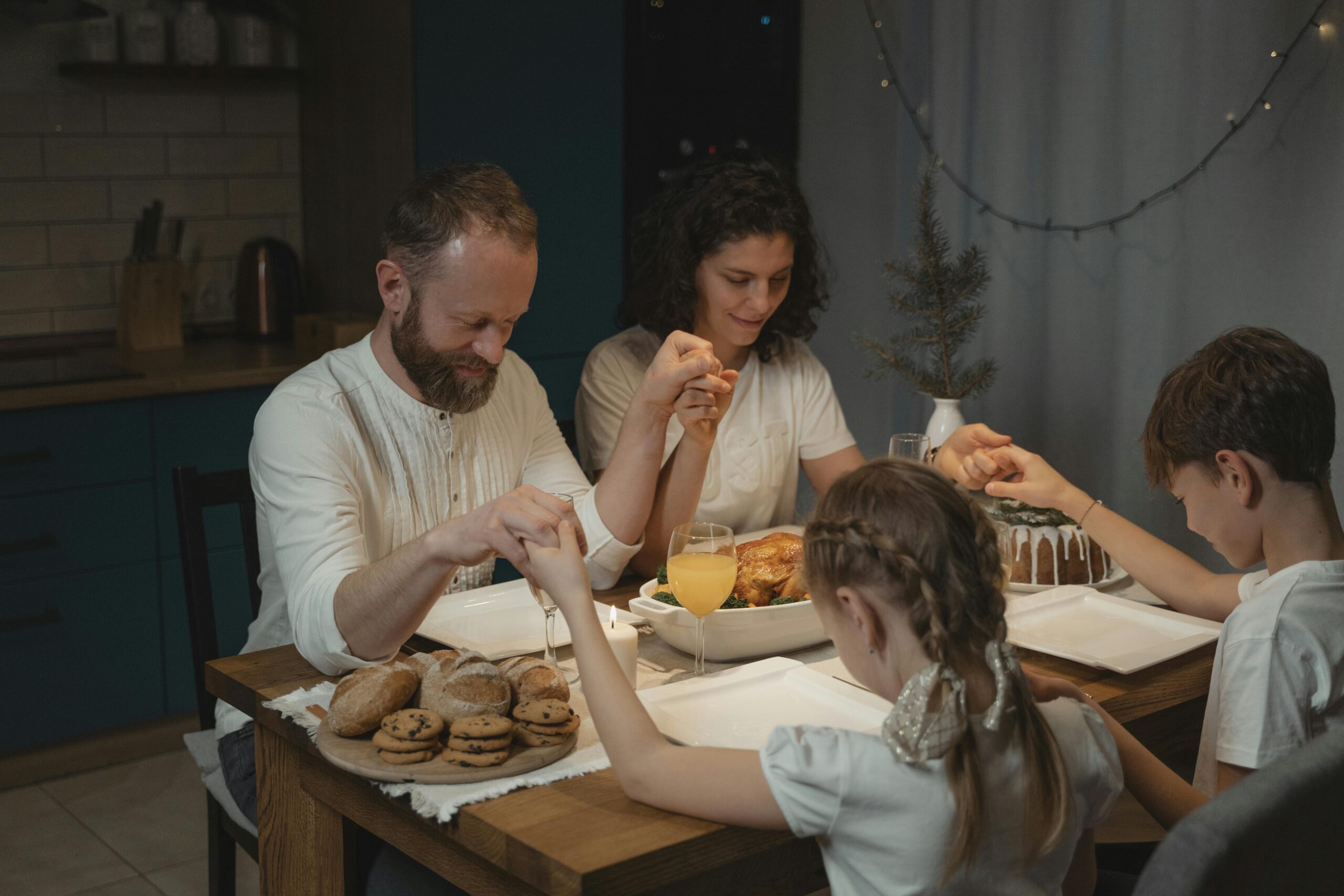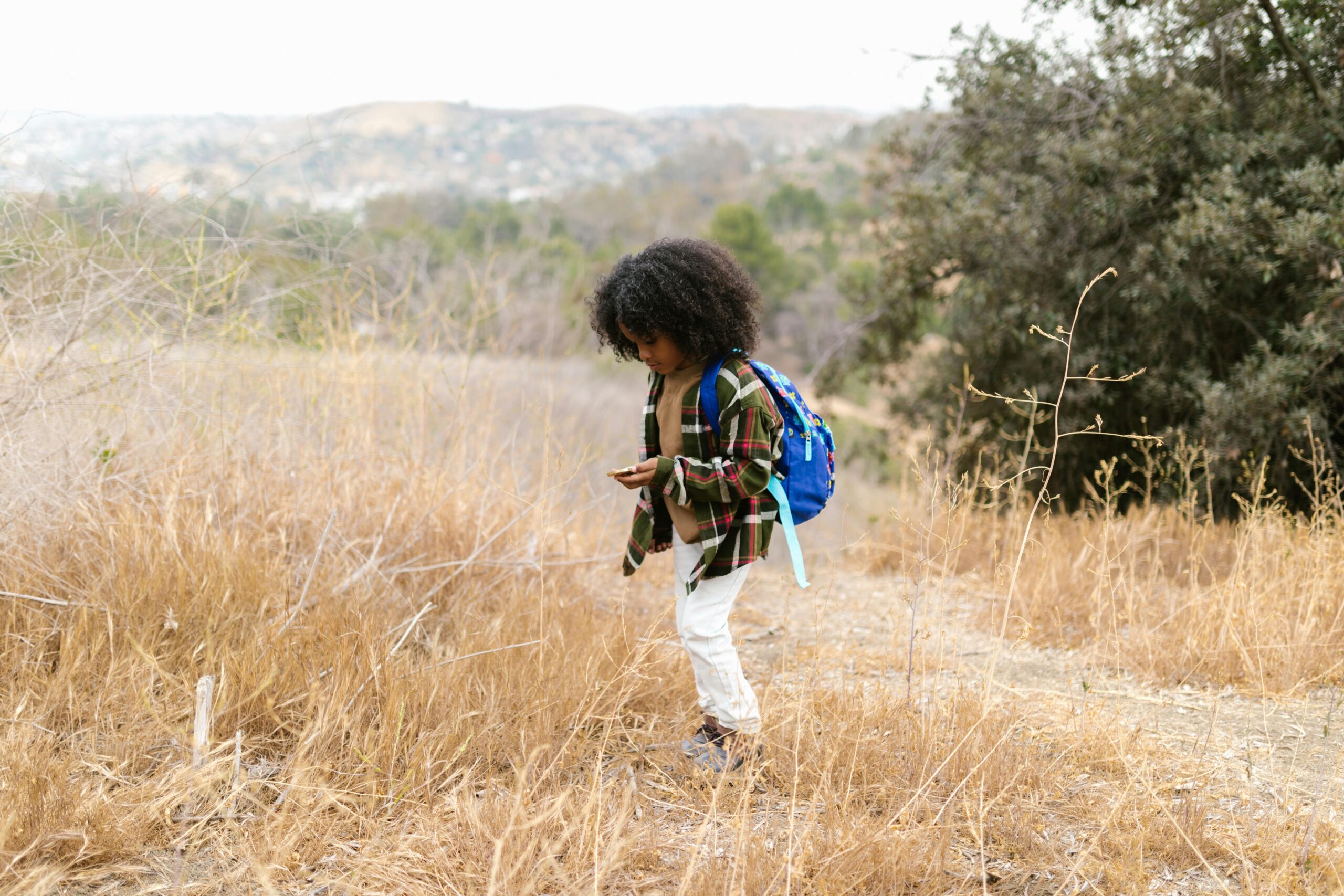Every peel, coffee ground, and eggshell you toss in the trash is a missed opportunity to nourish your garden and reduce your environmental footprint. Composting transforms everyday kitchen scraps into nutrient-rich fertilizer, improving soil health and helping you live a more sustainable lifestyle.
At Q&A Country, we believe in making the most of what nature gives us—and that includes leftovers. Whether you’re starting a homestead or simply want to reduce waste at home, this beginner’s guide to composting will help you get started with confidence.
1. What Is Composting and Why Does It Matter?
Composting is the natural process of breaking down organic materials into a dark, crumbly soil-like substance called humus. When added to soil, compost improves moisture retention, boosts plant growth, and reduces the need for chemical fertilizers.
Benefits of Composting:
- 🌿 Reduces landfill waste by keeping organic matter out of trash bins.
- 🌱 Improves soil health with essential nutrients like nitrogen, phosphorus, and potassium.
- 🌎 Lowers your carbon footprint by decreasing methane emissions from landfills.
- 💰 Saves money on store-bought fertilizers and soil conditioners.
💡 Pro Tip: Composting isn’t just for gardeners! Even apartment dwellers can use countertop bins or worm composters to reduce waste.
2. What Can You Compost?
Not all scraps are created equal. Knowing what to compost helps avoid smells, pests, or imbalances in your pile.
YES – Compost These “Greens” and “Browns”:
- 🍌 Greens (Nitrogen-rich): Fruit and veggie scraps, coffee grounds, tea bags, eggshells, fresh grass clippings.
- 🍂 Browns (Carbon-rich): Dried leaves, shredded paper, cardboard, sawdust, straw.
NO – Avoid These Items:
- 🚫 Meat, dairy, bones (can attract pests).
- 🚫 Greasy or oily foods.
- 🚫 Pet waste or chemically treated yard clippings.
💡 Pro Tip: Keep a small kitchen scrap bin on your counter or under your sink to collect compostables throughout the day.
3. How to Start Your First Compost Pile or Bin
You don’t need fancy equipment—just the right mix of ingredients and a place to start.
Step-by-Step Setup:
- 🧺 Choose Your Location – A shady, well-drained spot in your yard works best. Use a compost bin, tumbler, or create a simple pile.
- 🍂 Layer Greens and Browns – Start with a layer of dry browns (like leaves or cardboard), then add greens. Keep alternating.
- 💦 Keep It Moist – Your compost should feel like a wrung-out sponge—moist, but not soggy.
- 🔄 Turn It Often – Stir your compost every 1–2 weeks to aerate and speed up decomposition.
💡 Pro Tip: Don’t stress about getting it perfect! Nature does most of the work—you just need to provide the right balance.
4. Common Composting Questions (and Simple Solutions)
Starting something new comes with questions—here are the top composting concerns beginners have:
Why Does My Compost Smell Bad?
- Problem: Too many greens or poor airflow.
- Solution: Add more browns and mix the pile to boost oxygen.
Are Fruit Flies Normal?
- Yes, but you can reduce them by covering food scraps with dry leaves or paper.
How Long Until It’s Ready?
- Compost is usually ready in 2–6 months, depending on temperature, moisture, and how often you turn it.
💡 Pro Tip: Finished compost should smell earthy, not rotten. You’ll know it’s ready when you can’t recognize the original scraps.
5. How to Use Finished Compost
Now that your food waste has transformed into black gold, it’s time to put it to work!
Top Uses for Compost:
- 🪴 Garden Beds & Planters – Mix compost into soil to enrich nutrients.
- 🌱 Seed Starting Mix – Combine with soil to help young plants thrive.
- 🌻 Top Dressing for Lawns – Sprinkle compost over grass to improve lawn health.
- 🌾 Tree and Shrub Mulch – Spread around the base for moisture retention and protection.
💡 Pro Tip: Even if you don’t garden, offer your finished compost to local farmers, school gardens, or neighbors!
Conclusion: From Scraps to Sustainability
Composting is a simple yet powerful step toward reducing waste, nurturing your soil, and living in harmony with nature. With just a little effort, you can turn everyday food waste into something meaningful—and do your part to build a greener planet.
🌎 Ready to start composting? Gather your scraps, find your bin, and let nature do the rest. You’ll be amazed by the transformation.




Leave a Reply